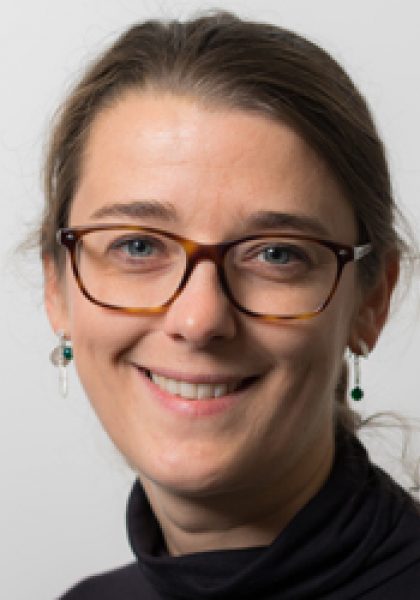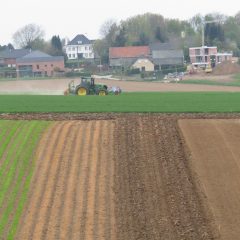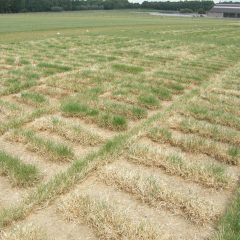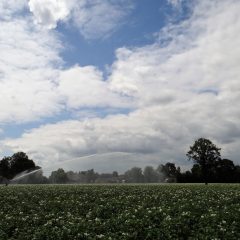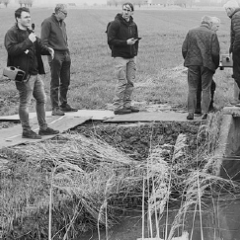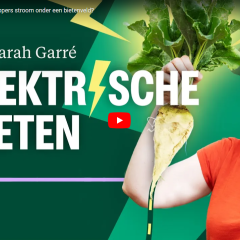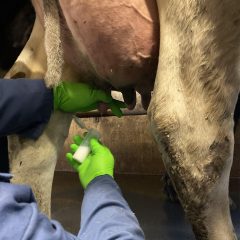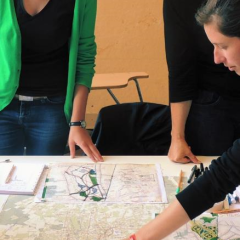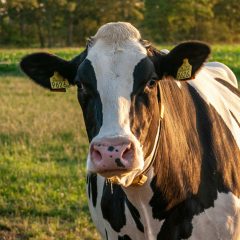Research project PROBING ANTIBIOTIC RESIDUES AND RESISTANCE TRANSFER IN AQUATIC ENVIRONMENTS
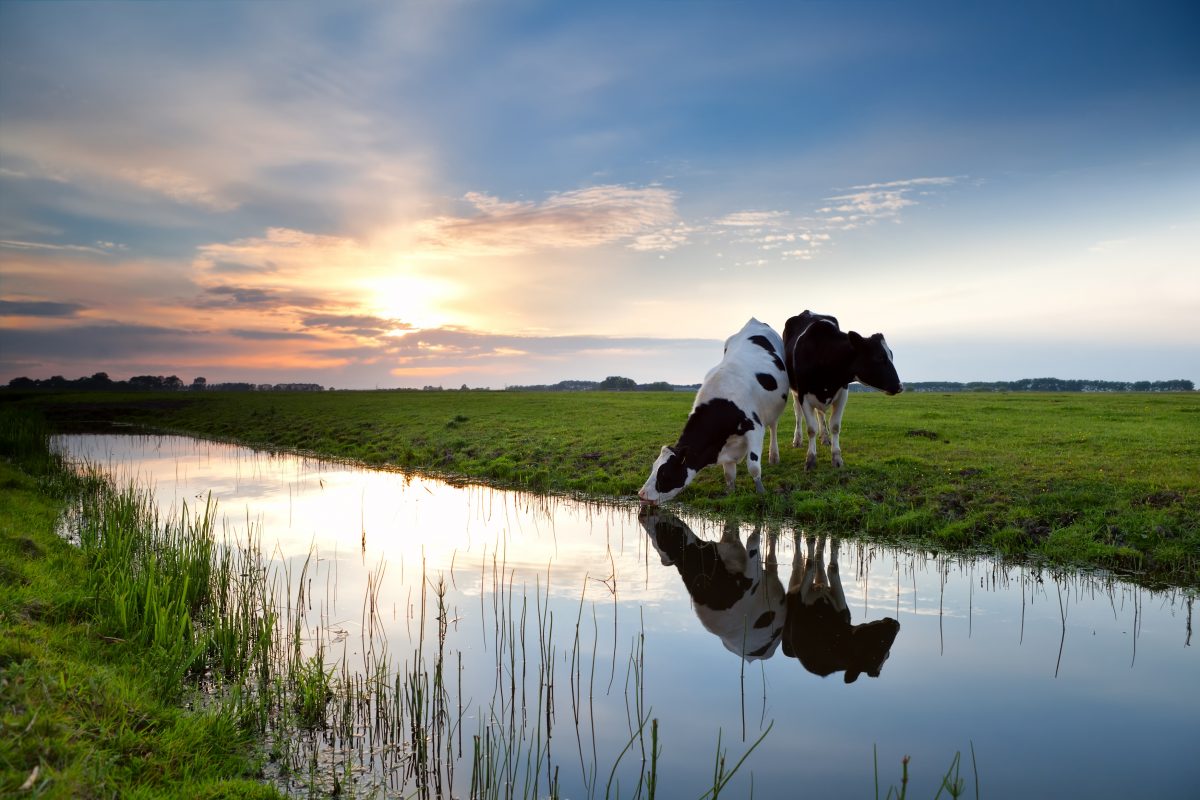
General introduction
The international PARRTAE project investigated the presence and spread of antibiotic-resistant bacteria, resistance genes and residues in aquatic environments, including rivers, seaports and aquaculture systems. The ILVO portion of the project focused on Flemish (Belgian) rivers in livestock areas and the ports of Newport and Ostend. The results highlight the need for comprehensive monitoring and inclusion of antibiotic residues and sediment as a sample type in policy instruments such as the European Water Framework Directive. The findings have been presented to regional, federal and European authorities and will contribute to scientific publications and a PhD thesis.
Research approach
In Flanders (Belgium), ILVO investigated pollution hotspots by collecting surface and groundwater samples before and after fertilization. This focused mainly on E. coli as a fecal indicator and ESBL-producing strains. In seaports, both water and sediment samples were analyzed for antibiotic residues and resistant bacteria, such as Shewanella, Vibrio, and ESBL-producing E. coli. This was done in collaboration with international partners from Norway, Sweden, and Spain, which allowed for exchange of methodology and data. The central hypothesis examined how local microbiota, residues, and host species influence resistance transfer via plasmids.
In freshwater, antibiotic residues (ABRs) were detected in 78% of surface water samples; lincomycin and sulfonamides were the most common. Suspected ESBL-producing E. coli was detected in 26% of samples. Resistance to sulfamethoxazole increased from 20% to 48% after fertilization The continued presence of sulfonamides and increasing sulfamethoxazole resistance indicate the impact of veterinary antibiotics on aquatic systems.
In the marine environment, sediments contained higher concentrations of ABRs, up to 25 µg/kg, consisting mainly of quinolones and macrolides, while sulfonamides dominated in water samples. Higher resistance rates were found in sediments. Shewanella showed resistance to colistin, a last resort antibiotic.
Relevance/Valorization
The project shows that antibiotic resistance and residues are a substantial threat in aquatic environments and highlights the need for multi-level monitoring programs. The inclusion of antibiotic residues in the European Watch List can help policy makers develop effective strategies to reduce resistance transmission. The results not only provide important scientific insights but also have direct implications for environmental policy, public health and sustainability in the European Union.
Financing
Belspo - Belgian Science Polycy
